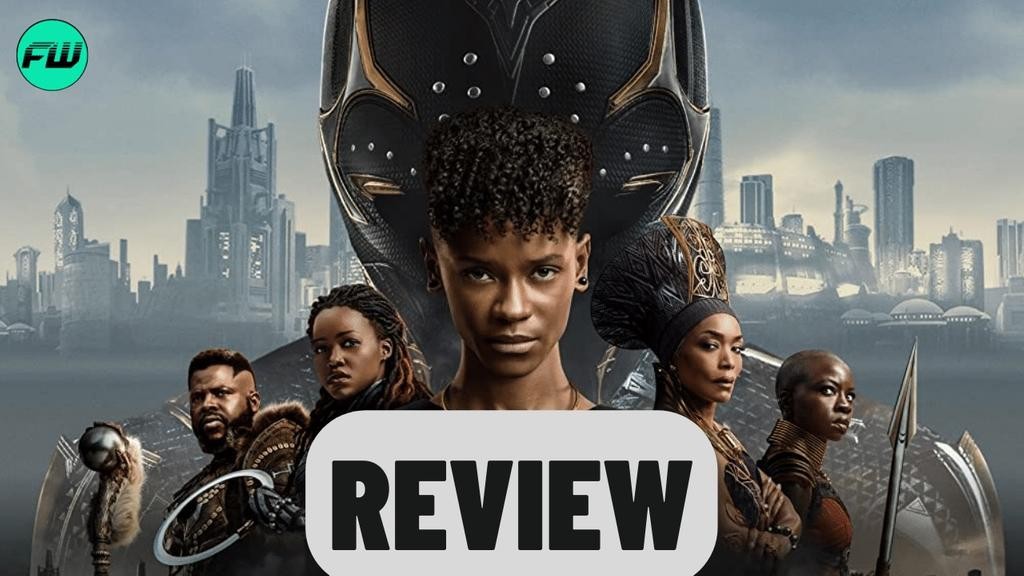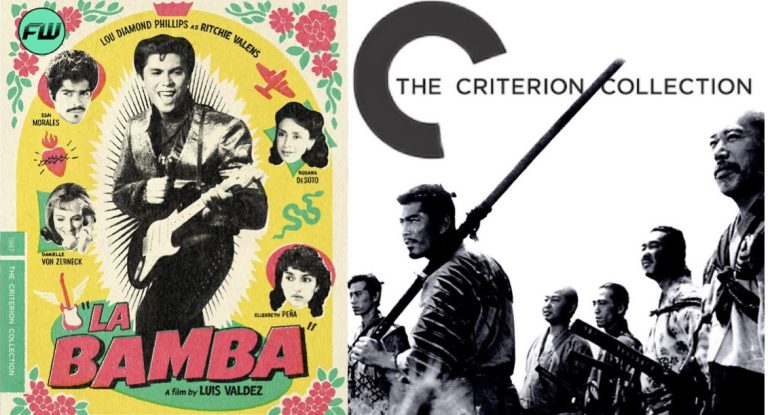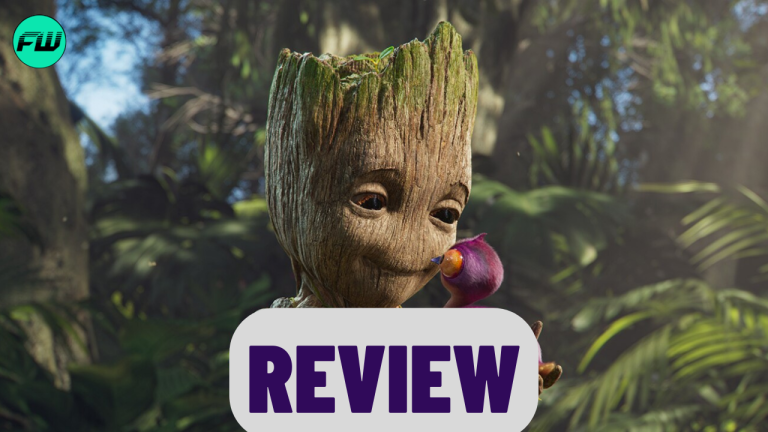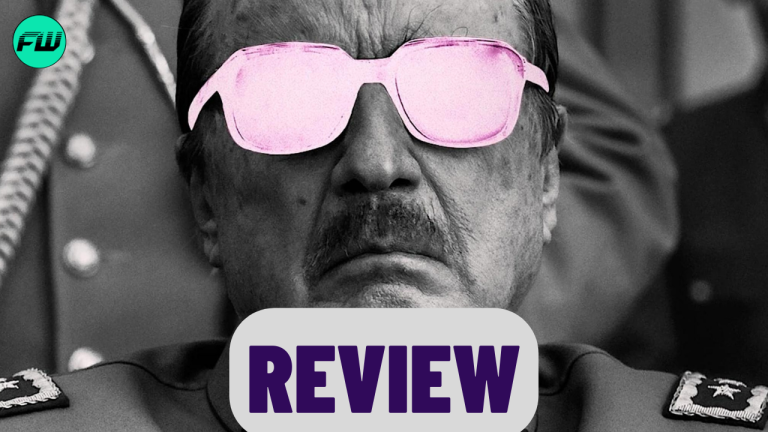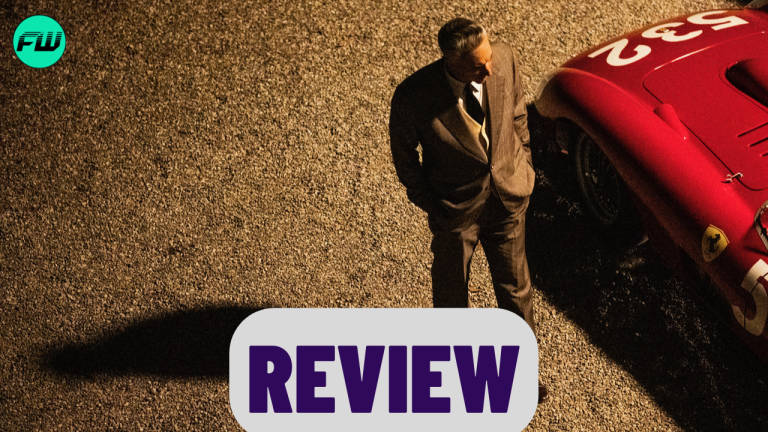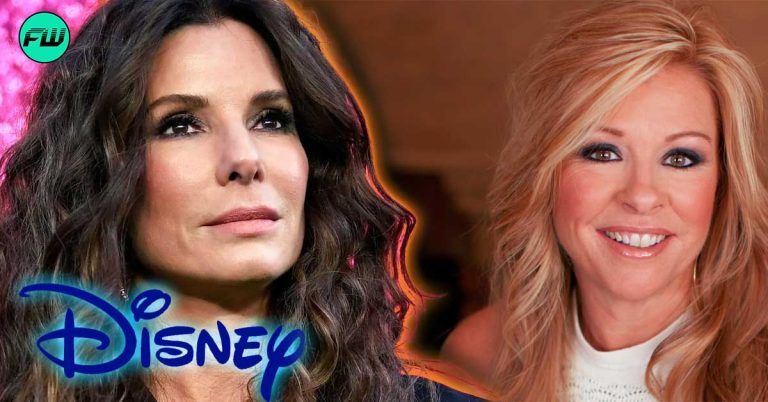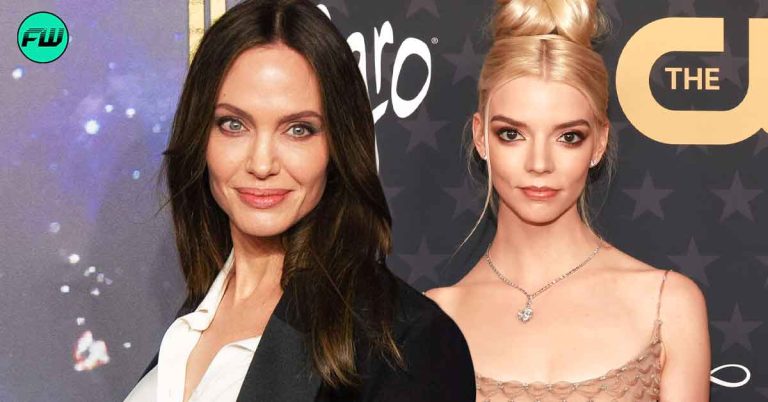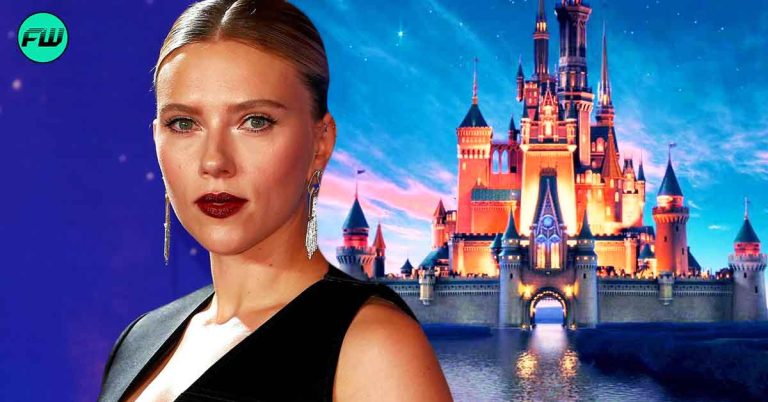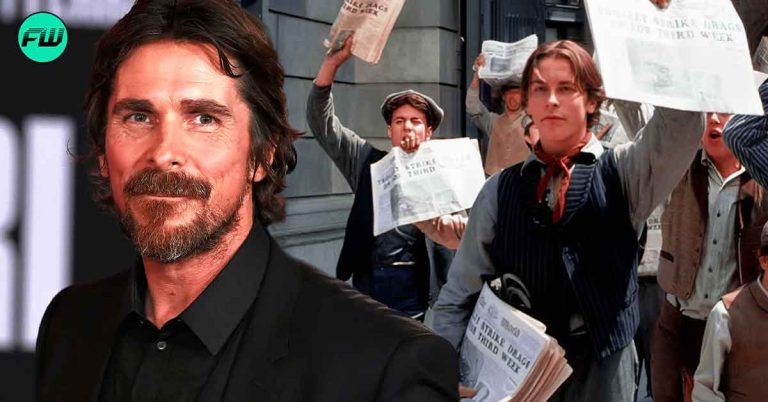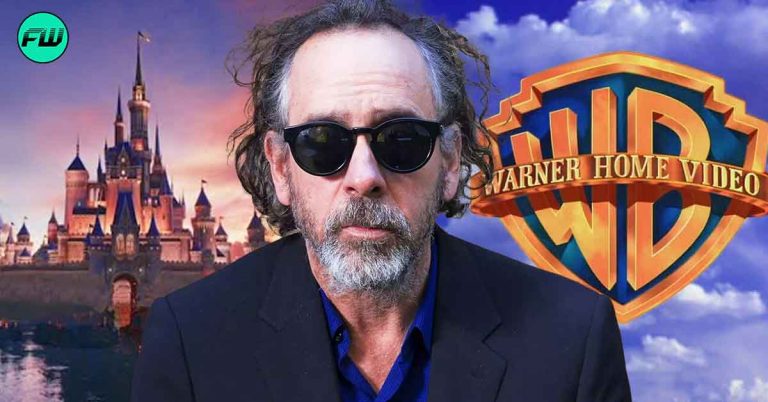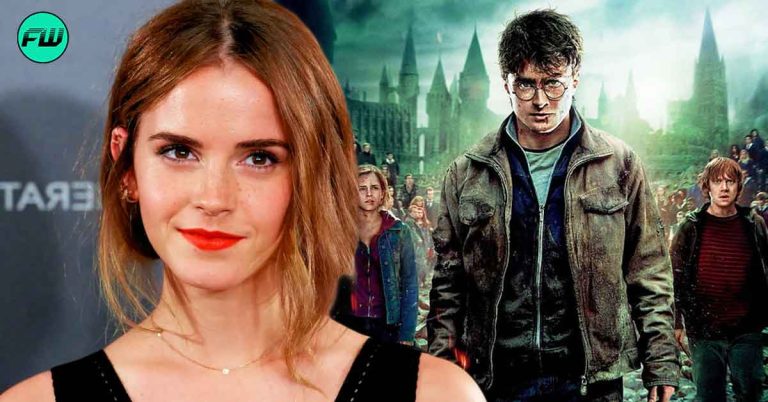Black Panther: Wakanda Forever releases in theaters Friday, November 11th.
Robert Downey Jr. was born to play Iron Man. That is accepted as fact and disputed by none. His sarcastic wit and dry delivery made him an instant icon when he first donned the red metallic suit in 2008. The same could be said for Chadwick Boseman as Black Panther, although for different reasons. Boseman burst into the MCU in Captain America: Civil War, a movie that features an all star cast of established characters; yet, Black Panther not only stood shoulder to shoulder with the likes of Captain America, he outshone many of the Avengers team members and became an instant highlight of the Marvel Cinematic Universe.
From the start, Ryan Coogler and the team behind Black Panther: Wakanda Forever were pinned between a rock and a hard place. Making a Black Panther sequel without T’Challa seemed impossible, yet recasting the role was out of the question. Boseman’s performance had been too iconic and any attempt to replicate or replace it would be met with a strong, warranted disdain from audiences. It was a classic ‘damned if you do, damned if you don’t’ predicament. However, it’s a predicament that Wakanda Forever navigates beautifully, paying tribute to both T’Challa and Boseman while weaving a story worthy of Wakanda’s incredible stature.
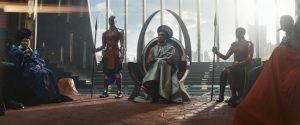
Also Read: Black Panther: Wakanda Forever Press Conference Is Packed With Emotion
What does a kingdom do without their king? They lean on the strength of their queen. Luckily, when your queen is Ramonda (portrayed by Angela Bassett in a powerhouse performance) there’s no stronger place to lean. Ramonda has lost nearly everything she holds dear. Her husband and her son are dead, and her kingdom is under attack from outside forces. First, those forces are rival nations desperate to obtain the precious metal Vibranium that only Wakanda possesses.
However, it’s not the land of men that will prove to be Wakanda’s greatest threat. Enter Namor, played with a menacing confidence by Tenoch Huerta. Namor is often referred to as ‘Marvel’s Aquaman,’ despite the fact that his comicbook debut predates the DC hero by about two years.
Huerta carries himself with a cold callousness towards his foes, that is countered by his love and admiration for his own people. It’s a delicate balance that Huerta manages with ease. Marvel’s best villains are the one’s who don’t view themselves as the ‘bad guy.’ An antagonist with a moral compass, skewed as it may be, will always be more interesting than one driven by the cliched agenda of “world domination.” Namor is proof of this, cementing himself as a worthy and memorable character in the ever expanding universe.
There’s something special about this movie. Even when I couldn’t quite pin my finger on it, it was there. This is Marvel’s Multiverse Saga, building towards an epic showdown with Kang the Conqueror that’s intended to rival the Avenger’s battle with Thanos. It’s a daunting expectation, yet Black Panther: Wakanda Forever is content to tell a story that takes place nearly entirely within the small nation of Wakanda; confident enough to tell a story of struggles and adversity that don’t necessarily threaten the world, but that threaten Wakanda’s own peaceful existence.
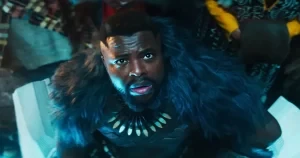
Fans have been skeptical of the MCU as it struggles to find its way following the Infinity Saga. Missteps with Thor: Love and Thunder and Black Widow have shaken their confidence, and She-Hulk: Attorney At Law has been the target of online trolls and social commentary backlash. Black Panther: Wakanda Forever is here to ease those concerns and strengthen the bond between the MCU and it’s diehard fans. This is exactly what a solo MCU film should be. A heartfelt, action epic that legitimately furthers the stories of these characters and introduces new ones along the way.
I hold a soft spot for Doctor Strange in the Multiverse of Madness. Sam Raimi is my childhood idol and Doctor Strange is among my favorite Marvel heroes. Yet, Black Panther: Wakanda Forever triumphs over nearly all of Marvel’s Phase Four, rivaled only by Spider-Man: No Way Home. It’s an accomplishment that’s made all the more impressive considering the tragic circumstances surrounding it.
Last week I was firm in the belief that a proper Black Panther film couldn’t exist without Boseman or King T’Challa. As a result, my expectations were tampered going into Wakanda Forever. This made my experience all the more extraordinary. It was around the two hour mark when the thought first randomly occurred to me that T’Challa was not here, and yet I’d become fully emersed in the story and the journey of these characters. A true sign of superb writing and storytelling.
The movie isn’t without its flaws; however, those flaws are minimal and easily forgiven. With a runtime of about two hours and forty minutes, it runs a bit longer than necessary. Keep in mind, I was never bored or out of touch. However, I think sliding the film’s climax up about twenty to thirty minutes would have made for a tighter and more thrilling viewing experience. There are moments of wonky CGI, but never significant enough to pull me out of the experience.
Black Panther: Wakanda Forever surpasses its predecessor in the realms of storytelling, character building and action. And while the hole left by Chadwick Boseman’s absence can never be filled, Wakanda Forever spectacularly honors his legacy and reestablishes the lore of the Black Panther. A meaningful tribute, a compelling story and heart pounding action. Wakanda Forever.
8/10
Follow us for more entertainment coverage on Facebook, Twitter, Instagram, and YouTube.

